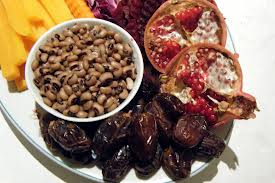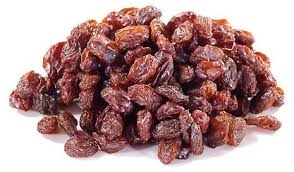Spring 2010 | Reviewed January 2025
Yosef chose the hotel he was staying in for its many amenities, not the least of which was the free Continental Breakfast it offered its guests. Surely, when kosher symbols on products are becoming more and more prevalent, he wouldn’t starve! The breakfast menu included cereals, pancakes, waffles, muffins, pre-cut fruits and vegetables, hardboiled eggs, as well as hot coffee and juices. Can Yosef eat anything offered on the Continental Breakfast menu, or should he prepare his own breakfast using the microwave and coffeemaker in his hotel room?
Chana’s brother’s bar mitzvah, held in a hotel during Shabbos, turned out to be a real nightmare! The closet light went on automatically when she opened the closet door; the housekeeper had turned off the light in her room, preventing her from reviewing her parsha notes; she drank a bottle of water from her room’s ‘refreshment bar’ which […]








 STAR-D
STAR-D STAR-S
STAR-S